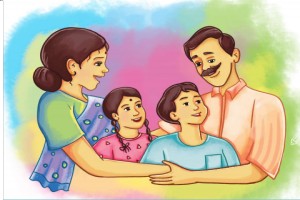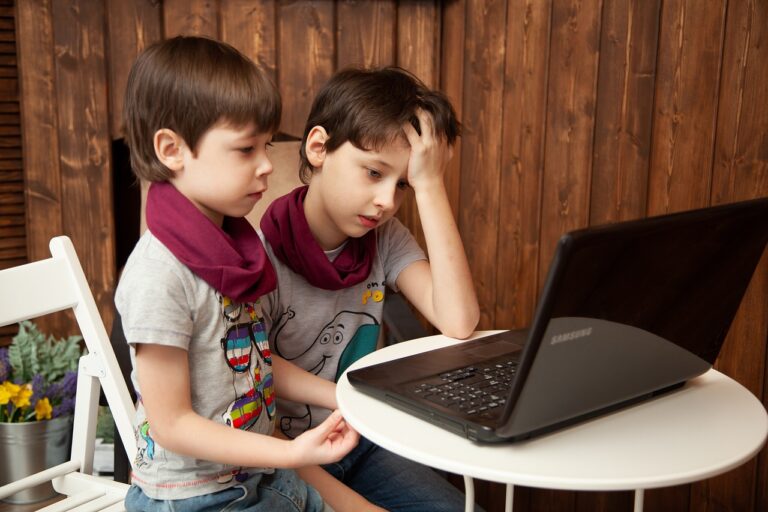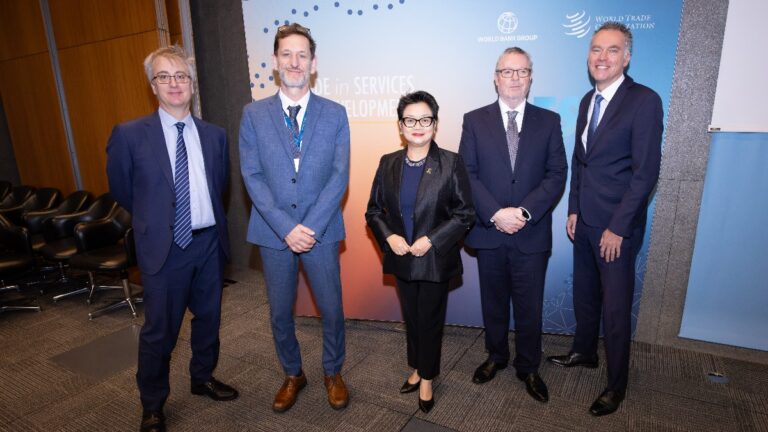
Ministry of Education releases the guidelines for parent participation in home-based learning during school closure and beyond

New Delhi: Parenting is of great significance in the current age of disruption in all spheres of life. The lockdowns due to the spread of the COVID-19 pandemic forced the children to be confined to their homes and having to adapt to different modalities of learning. Closed schools have also meant little or no scope for play, fun, or any outdoor activities with friends for many children. Additionally, learning is increasingly shaped by technology, which is marked by increased access to information and less interaction with teachers and peers.
With parents facing multiple challenges such as physical and emotional stress in the wake of the pandemic, loss of dear and near ones, ill health of family members, job security issues, income, working from home, grappling with new modes of working and above all to help their children in learning from home, the Department of School Education and Literacy, Ministry of Education today released the guidelines for parent participation in home-based learning during school closure and beyond.
Click here to read the guidelines
A separate chapter has been included in the guidelines for supporting parents with low or no literacy. Schools, teachers and volunteers may take the suggestive steps to provide support to low-literacy parents.
Union Education Minister Ramesh Pokhriyal ‘Nishank’ in his tweet said that in this ‘new normal’ of the pandemic, considering parents’ role as pivotal to children’s growth and learning, these guidelines aim to provide information on the ‘why’, ‘what’, and ‘how-to’ of participation and engagement in supporting children during the school closure, irrespective of their literacy levels.
This document, he said, is a collation of many simple tips for parents to support and facilitate children in Home-based learning. The guidelines include a brief description of salient characteristics of each stage of child development from foundational to adolescence.
The guidelines provide many simple tips for parents and others to facilitate children in home based learning. These suggestive activities are in accordance with the various stages of school education as per National Education Policy 2020. Age-appropriate art activities have been categorised on basis of 5+3+3+4 system such as Foundation Stage (Age 3-8yrs); Preparatory Stage (Age 8-11 yrs); Middle Stage (Age 11-14yrs); and Secondary Stage: From Adolescent to Adult age (Age 14-18 years). The activities are simple and suggestive, which can be adapted and adopted to local needs and contexts.The Guidelines appreciate the role of Art as a therapy for children under stress or trauma.
The guidelines lay significance on improving children’s learning by monitoring and addressing their learning gaps. Collaboration of parents with teachers in documenting and reflecting on the progress that children are making in their learning is important for both teachers and parents.
The guidelines also advise the schools to involve parents by providing information and ideas on helping students at home with homework and other curriculum-related activities, decisions, and planning, and involving them in school decisions. Resources like sending Newsletters, emails, memos, etc. may be provided to parents.
Resources have been made available for children with special needs which may be explored by the parents. They can approach teachers for guidance in this regard. There are other agencies, and organisations that provide facilitates Information about such avenues that could be sought from SMCs/Gram Panchayat, school administrators.





